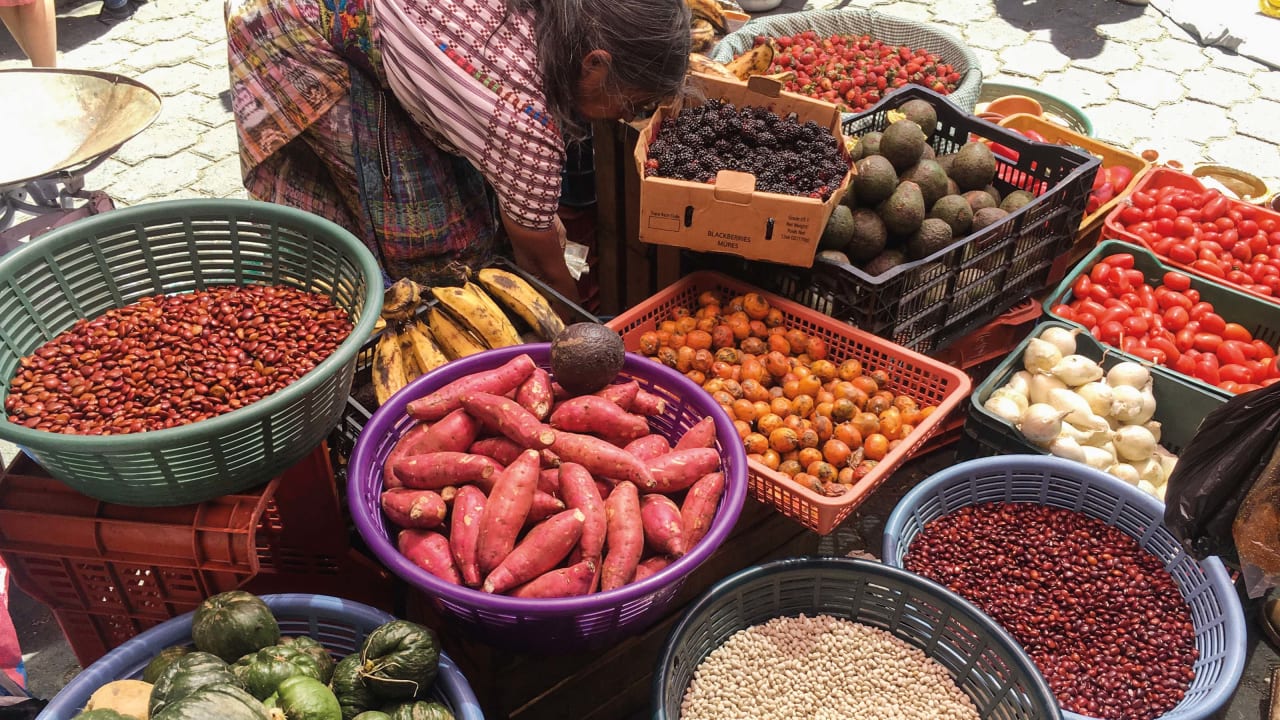Our immune system is an incredibly complex and efficient defense mechanism that works tirelessly to protect us from harmful pathogens. While our body’s natural defense is remarkable, it can be influenced by various factors, including our diet. The food we eat directly impacts the strength and resilience of our immune system, making a balanced diet one of the most powerful tools we have for bolstering our body’s defenses.
The Role of Nutrition in Immunity

Imagine our immune system as a well-trained and equipped army, always on guard and ready to combat any invaders. Just like soldiers need adequate food, water, and supplies to function effectively, our immune cells require specific nutrients for optimal performance. These nutrients act as building blocks, fuel sources, and communication signals, ensuring that our immune system can mount a robust defense against pathogens.
Research has shown that deficiencies in certain key nutrients can weaken our immune response, leaving us more susceptible to infections and illnesses. On the other hand, consuming a balanced diet rich in essential vitamins, minerals, and antioxidants can strengthen our immune system, helping us stay healthy and fight off diseases.
So, what are the key nutrients that our immune system needs? Let’s take a closer look.
Key Nutrients for a Strong Immune System
1. Vitamin C:
Vitamin C is a powerful antioxidant that plays a crucial role in immune function. It helps boost the production of white blood cells, which are responsible for fighting infections in our body. Additionally, vitamin C also promotes the production of antibodies, proteins that help identify and neutralize foreign invaders.
Foods rich in vitamin C include oranges, strawberries, kiwi, bell peppers, and broccoli. So, make sure to incorporate these fruits and vegetables into your meals to give your immune system a boost.
2. Vitamin D:
Vitamin D is often referred to as the “sunshine vitamin” because our body produces it when exposed to sunlight. It plays a vital role in immune function, helping our body produce antimicrobial proteins that fight off infections. Research has also shown that vitamin D deficiency can increase our susceptibility to respiratory infections, such as the flu.
Fatty fish like salmon, tuna, and mackerel are excellent sources of vitamin D. You can also get your daily dose of vitamin D from fortified cereals, dairy products, and supplements.
3. Zinc:
Zinc is an essential mineral that helps regulate our immune response. It plays a key role in cell growth and development, as well as in the production of enzymes and hormones. Zinc deficiency has been linked to impaired immune function and increased vulnerability to infections.
Foods rich in zinc include lean meats, poultry, seafood, dairy products, nuts, and seeds. Vegetarians and vegans can also get their daily intake of zinc from legumes, whole grains, and fortified cereals.
4. Beta-Carotene:
Beta-carotene is a type of carotenoid, a pigment found in plants that gives fruits and vegetables their vibrant colors. Our body converts beta-carotene into vitamin A, which is crucial for maintaining a healthy immune system. It helps regulate the production and function of white blood cells, keeping us protected against infections and illnesses.
Carrots, sweet potatoes, spinach, kale, and mangoes are all excellent sources of beta-carotene. So, make sure to add these colorful foods to your diet for a stronger immune system.
5. Iron:
Iron is an essential mineral that plays a critical role in the production of hemoglobin, a protein present in red blood cells that carries oxygen throughout our body. It also helps regulate the function of immune cells, making it an important nutrient for a strong immune response. Iron deficiency can weaken our immune system, making us more susceptible to infections.
Red meat, poultry, seafood, beans, and dark leafy greens are all excellent sources of iron. Combining these iron-rich foods with vitamin C can help our body absorb iron better.
Our immune system is our body’s first line of defense against harmful pathogens. A well-balanced diet that includes a variety of fruits, vegetables, lean proteins, whole grains, and healthy fats is crucial for maintaining a strong and resilient immune system. Don’t forget to also stay hydrated by drinking plenty of water and limit your intake of processed foods, added sugars, and unhealthy fats.
Remember, a strong immune system starts with a balanced diet. So, make sure to nourish your body with the right nutrients to keep yourself healthy and protected.
Building a Strong Immune System: The Connection Between Diet and Immunity
In our fast-paced world, it’s easy to overlook the importance of our immune system until we fall ill. However, the key to staying healthy and warding off infections lies in building a strong immune system. While factors like genetics and lifestyle play a role, one of the most significant influences on our immune health is our diet. The foods we eat can either bolster or weaken our body’s defense mechanisms, making it essential to understand the connection between diet and immunity.
Understanding the Immune System
Before delving into the relationship between diet and immunity, it’s crucial to grasp how the immune system functions. Our immune system is a complex network of cells, tissues, and organs that work together to defend the body against harmful invaders, such as bacteria, viruses, and parasites. When our immune system detects a threat, it launches a coordinated attack to neutralize the intruders and protect our health.
There are two primary components of the immune system: innate immunity and adaptive immunity. Innate immunity is our body’s first line of defense and provides immediate, nonspecific protection against pathogens. On the other hand, adaptive immunity is more targeted and develops over time as our body encounters specific threats, creating immunological memory for future protection.
The Impact of Diet on Immune Function
Our diet plays a critical role in shaping the effectiveness of our immune response. Nutrient deficiencies can impair immune function, making us more susceptible to infections and illnesses. Conversely, consuming a diverse range of nutrients from whole foods can strengthen our immune system and enhance its ability to combat pathogens.
1. Gut Health and Immunity:
The gut microbiome, a collection of trillions of microorganisms living in our intestines, plays a crucial role in regulating immune function. A balanced diet rich in fiber, prebiotics, and probiotics supports a diverse and healthy gut microbiota, which, in turn, enhances our immune response. Fermented foods like yogurt, kefir, sauerkraut, and kimchi are excellent sources of beneficial bacteria that promote gut health and strengthen immunity.
2. Inflammatory Foods and Immune Response:
Certain foods can trigger inflammation in the body, leading to chronic immune activation and increased susceptibility to diseases. Processed foods high in refined sugars, unhealthy fats, and artificial additives can disrupt the balance of immune cells and cytokines, contributing to low-grade inflammation. By reducing the consumption of inflammatory foods and opting for whole, nutrient-dense options, we can support a more balanced immune response.
3. Antioxidants and Immune Defense:
Antioxidants are compounds that help neutralize harmful free radicals in the body, reducing oxidative stress and inflammation. Fruits, vegetables, nuts, seeds, and spices are rich in antioxidants like vitamin C, vitamin E, beta-carotene, and polyphenols, which support immune function. Including a variety of colorful plant-based foods in our diet can provide a spectrum of antioxidants that enhance our body’s defense mechanisms.
4. Hydration and Immune Support:
Proper hydration is essential for maintaining optimal immune function. Water plays a vital role in transporting nutrients, eliminating waste products, and supporting cellular processes involved in immune response. Dehydration can compromise the efficiency of our immune system, making it harder for our body to fend off infections. Aim to drink an adequate amount of water throughout the day to support your immune health.
5. Balanced Macronutrients for Immunity:
Macronutrients, including carbohydrates, proteins, and fats, are the primary sources of energy for our body and play a role in immune function. Consuming a balanced ratio of macronutrients ensures that our immune cells receive the necessary fuel to mount an effective defense against pathogens. Incorporate whole grains, lean proteins, healthy fats, and legumes into your meals to provide a comprehensive array of macronutrients for immune support.

In conclusion, the connection between diet and immunity is undeniable. By prioritizing a nutrient-rich diet that supports gut health, reduces inflammation, boosts antioxidant intake, promotes hydration, and provides balanced macronutrients, we can fortify our immune system and enhance our overall well-being. Remember that small dietary changes can have a significant impact on immune function over time, so focus on incorporating whole, wholesome foods into your daily meals to nurture your body’s natural defense mechanisms. A strong immune system starts with what you eat, so choose wisely and empower your health through nutrition.
